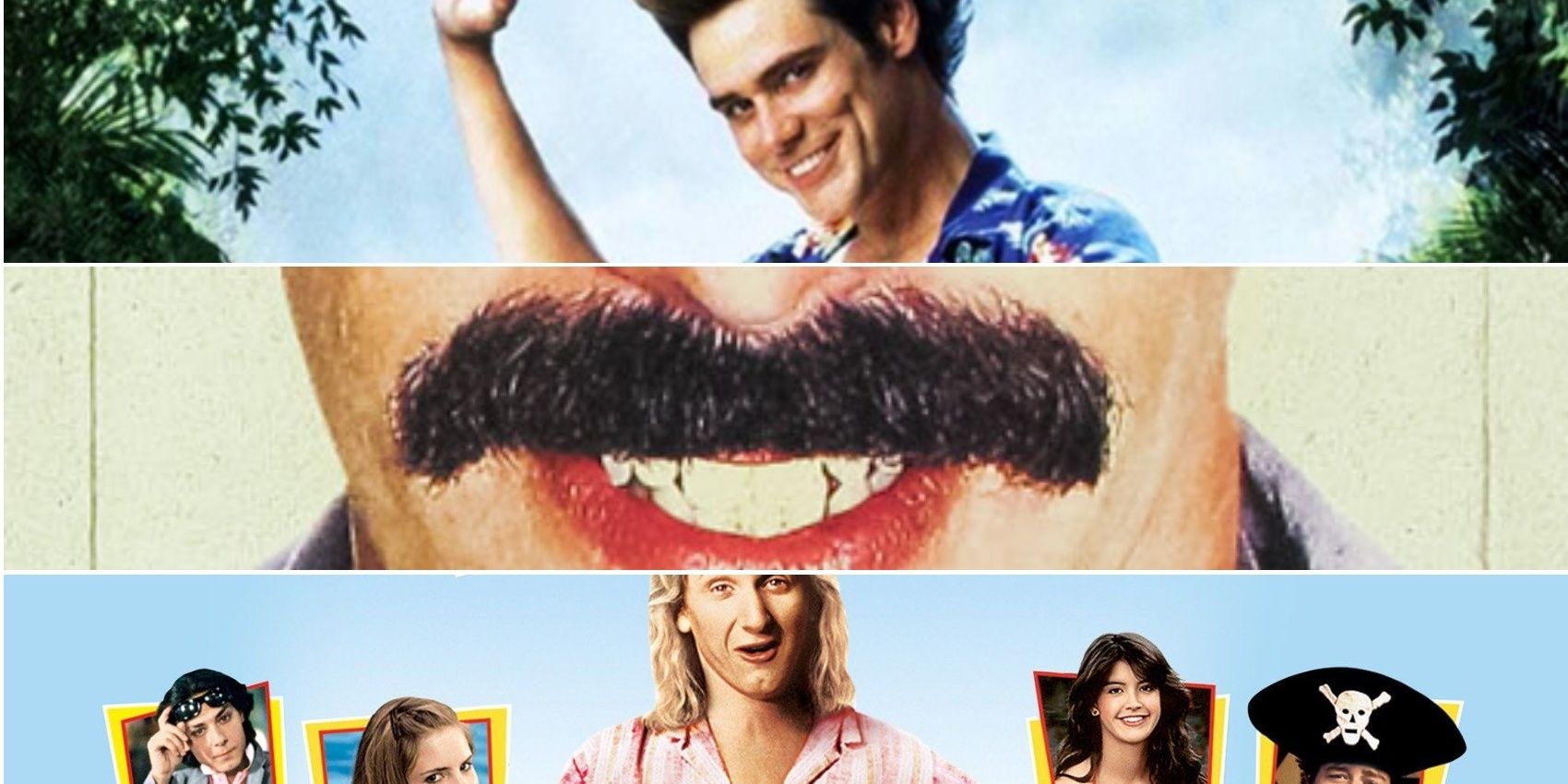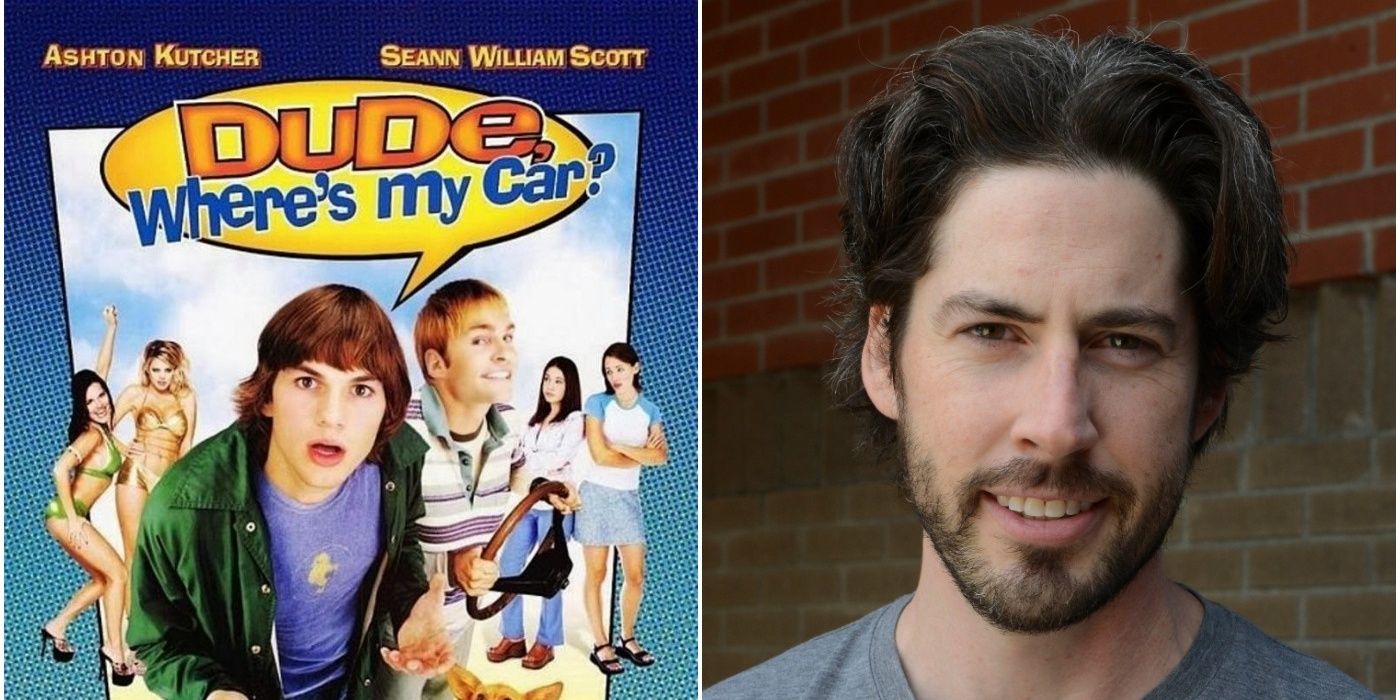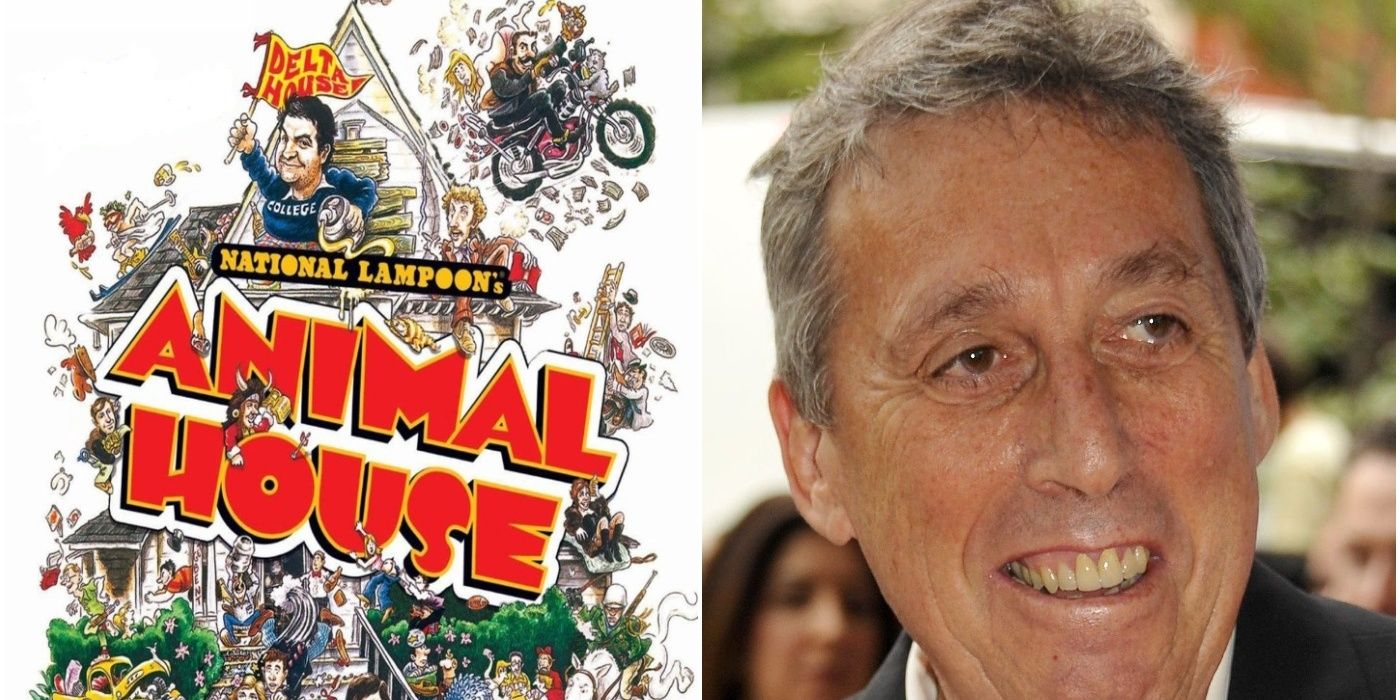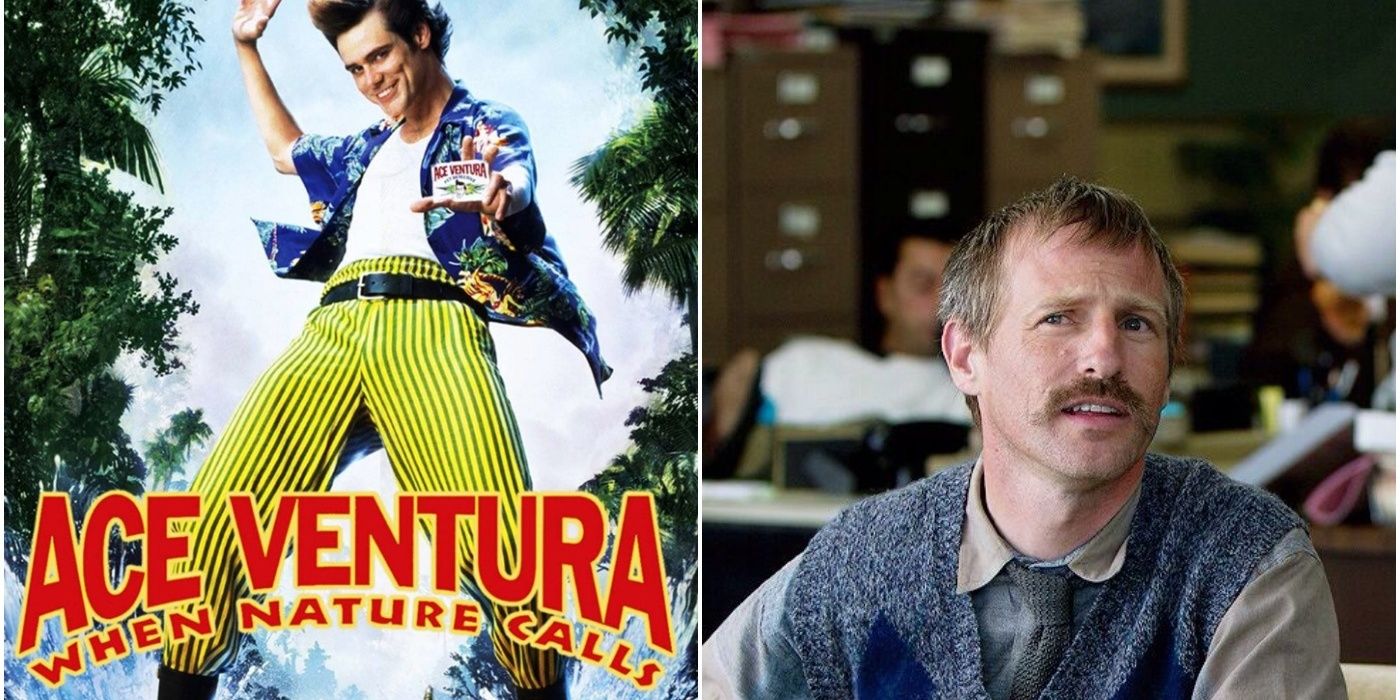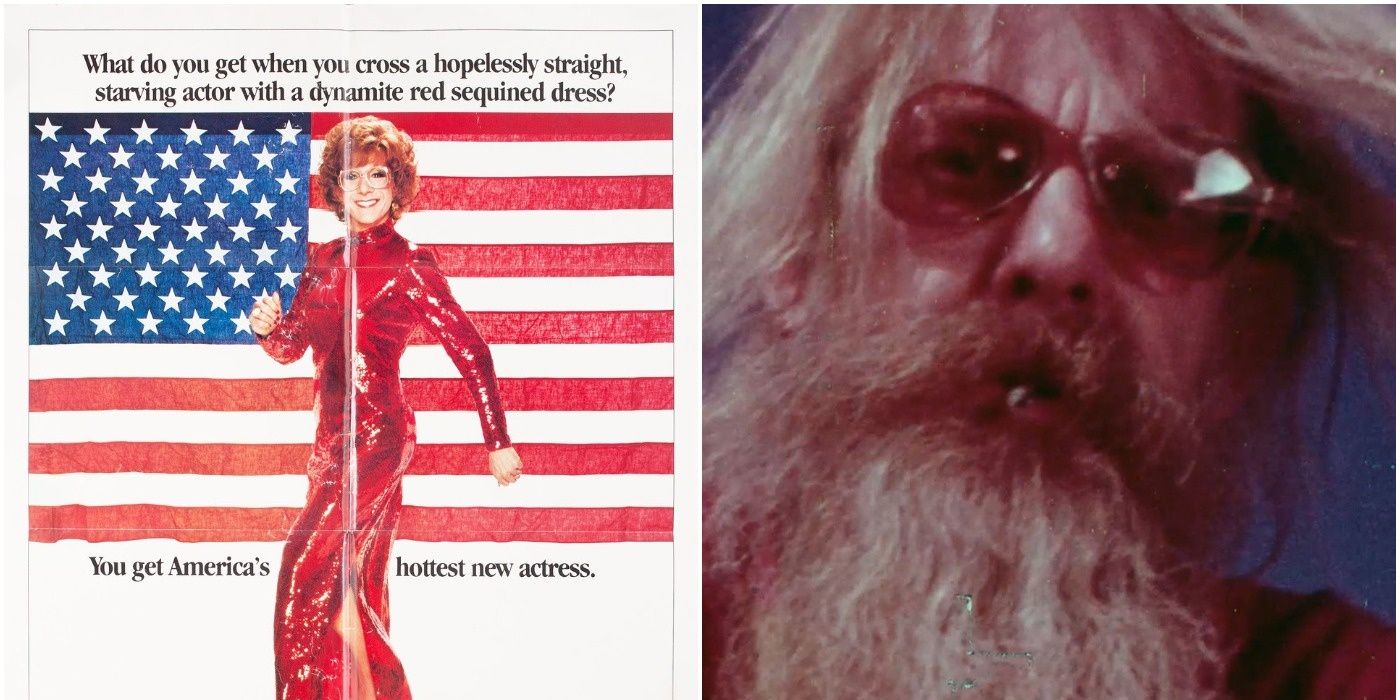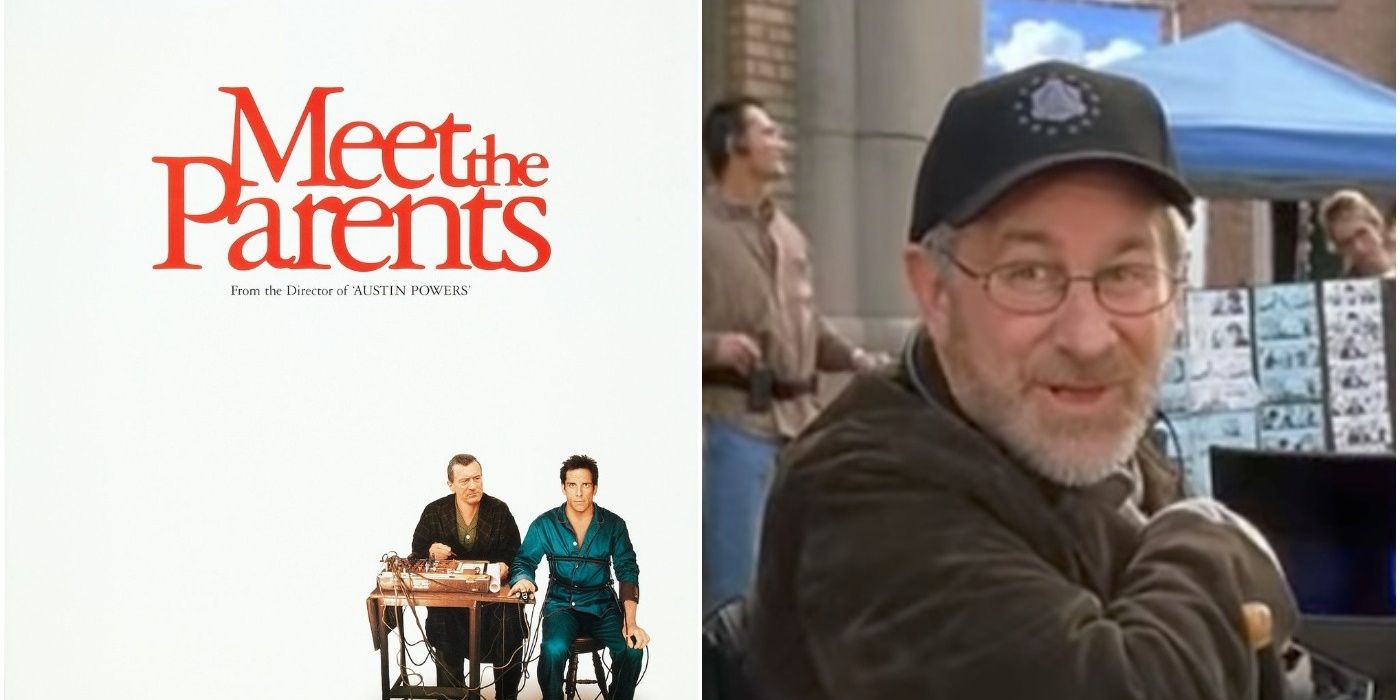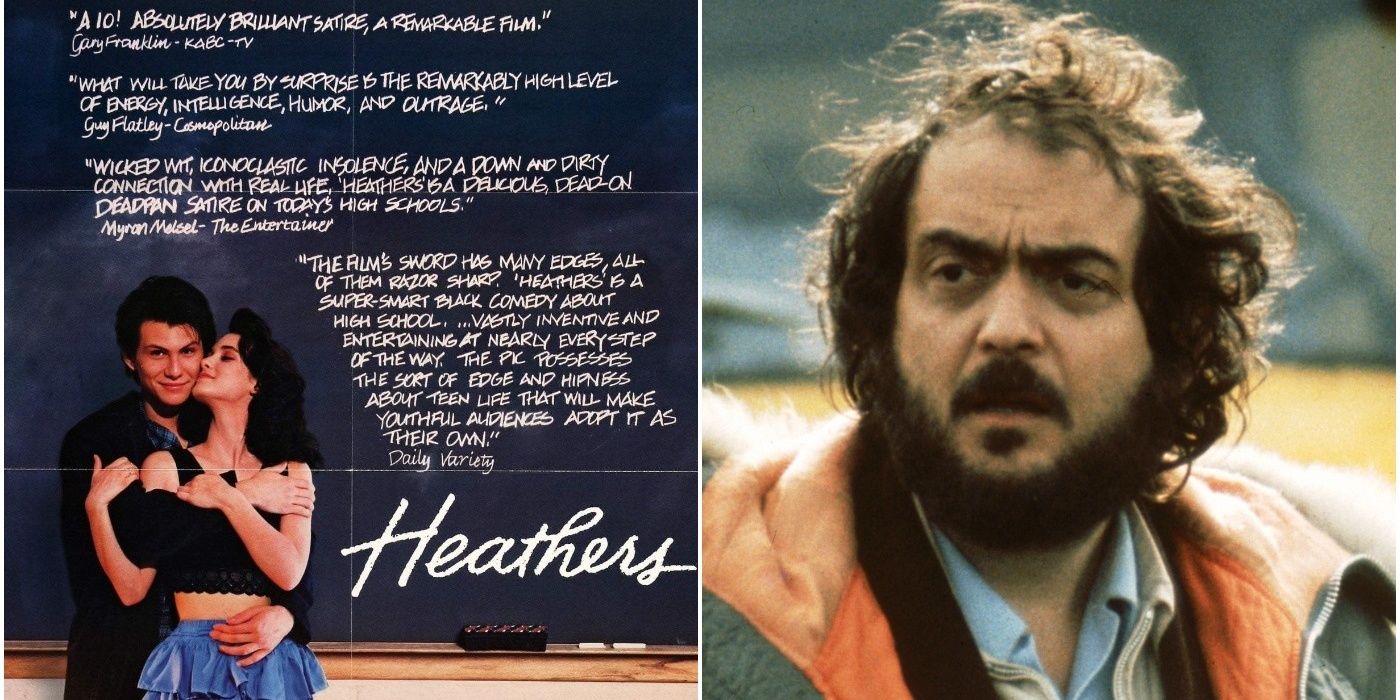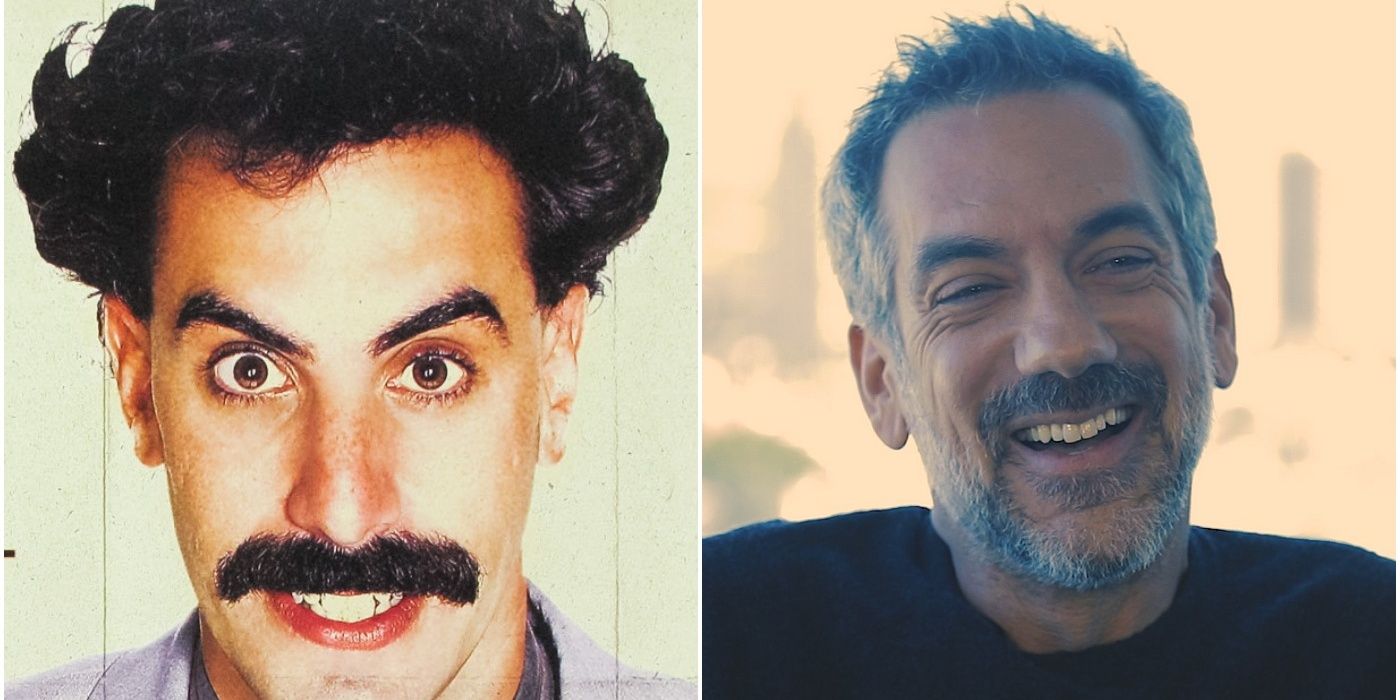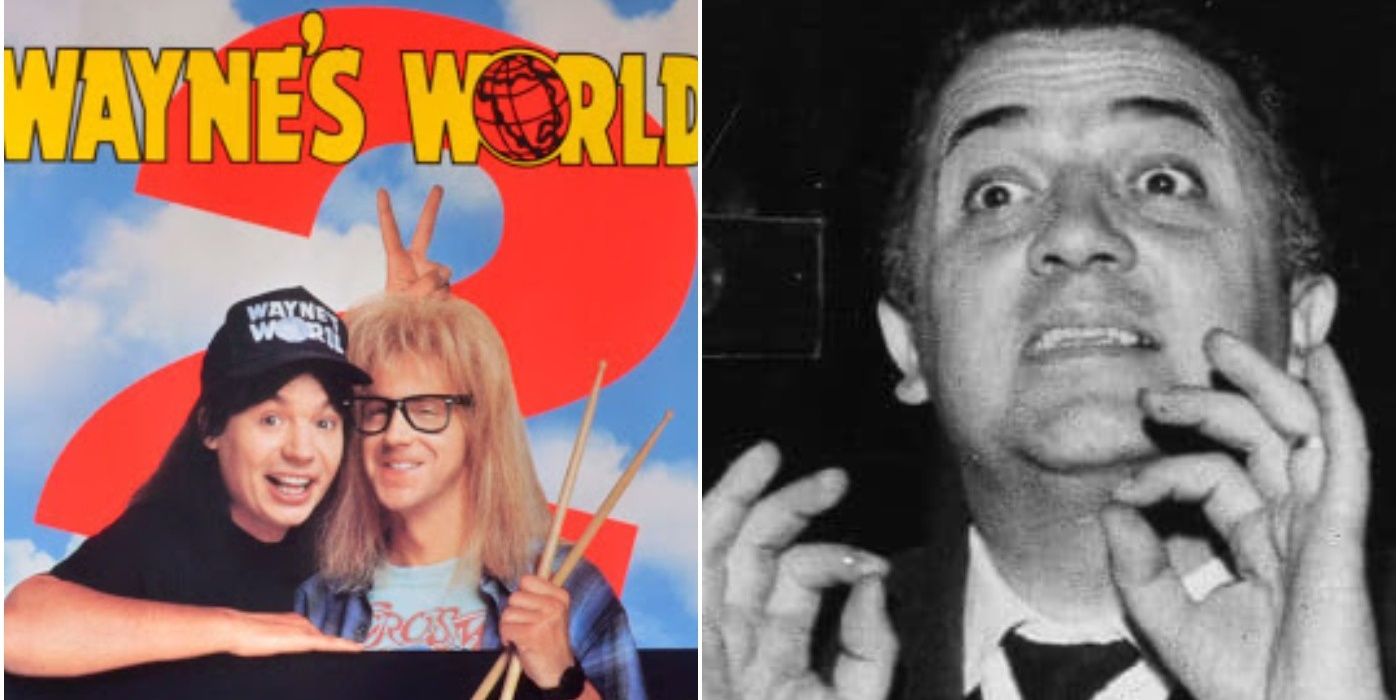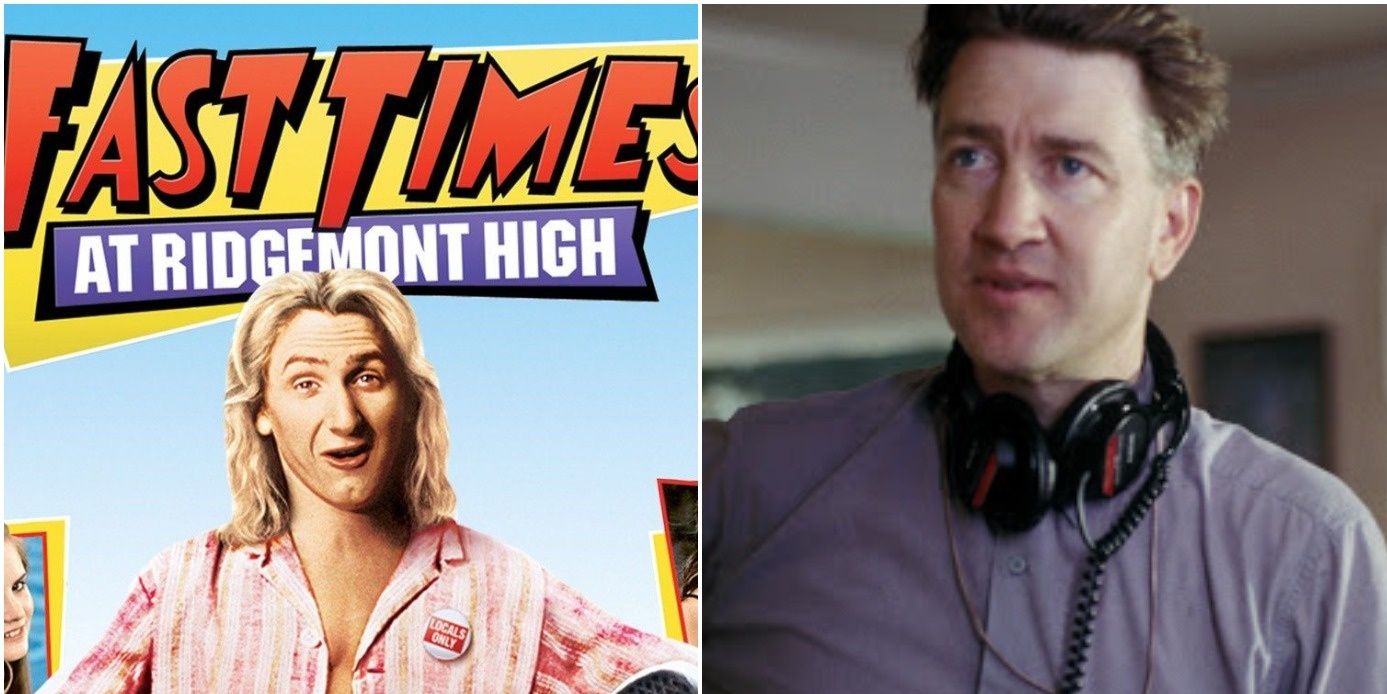Directors of films categorized as 'crude' or 'raunchy' can assert that when it comes to consideration, the Academy typically lends them zilch. In fact, there are many instances where comedy filmmakers have branched beyond their genre in hopes of critical acclaim, then subsequently never went back.
The following are 10 examples where a film's creators failed to make the reverse a reality - whether it meant attempting to recruit an Oscar-beloved filmmaker to step into uncharted waters as a director-for-hire or convincing an up-and-comer to settle for a genre outside (or beneath) their own personal wheelhouse.
Dude Where's My Car? (Jason Reitman)
Eschewing accusations of nepotism with each new stellar flick he releases, Jason Reitman - as the son of a well-known Hollywood director - was still in the unique position early on to feel more security and self-assuredness than the rest when he turned down the opportunity to helm the stoner-romp of 2000.
He instead chose to direct commercials, further polish his original scripts, and develop those he inherited until breaking out with a three-part bang: Thank You For Smoking (2005), Juno (2007), and Up in the Air (2009) - the latter two for which he earned several Oscar nominations.
National Lampoon's Animal House (Ivan Reitman)
Jason was not the only Reitman who earned a Best Picture nomination for Up in the Air, which starred George Clooney as a one-man corporate firing squad navigating the inherent loneliness of his profession.
Ivan Reitman, who called the shots for comedy classics like Twins and Kindergarten Cop, had been considered, years earlier, to direct Animal House. He would ultimately serve only as a producer on the film instead, as it was mutually agreed he did not have the pedigree just yet to elevate the script to its now-iconic status.
I Now Pronounce You Chuck And Larry (Alexander Payne)
Though it is not confirmed he was ever in contention to direct before his script was “Sandlerized,” it is worth noting the only other film Alexander Payne (The Descendants, Sideways) wrote that he did not also direct was Jurassic Park III.
However, the Jurassic Park sequel was a film that most can agree is budgetarily and aesthetically out of Payne’s directorial wheelhouse, as opposed to I Now Pronounce You Chuck and Larry, especially its earlier, explicitly Payne-involved iteration.
Ace Ventura: When Nature Calls (Spike Jonze)
At the 2017 Toronto International Film Festival, to promote their Man on the Moon behind the scenes documentary, Jim and Andy - which Jonze directed - Carrey clarified that his earlier rejection of Jonze was simple ignorance.
Jonze had been a music video director at the time he was in contention to direct Carrey's Ace Ventura sequel. Jim Carrey confessed that he still kicks himself to this day that he did not initially see in the Being John Malkovich (1999) director what the rest of Hollywood would in due time.
Tootsie (Hal Ashby)
With Ashby's knack for directing others' scripts always guaranteed to lend a certain comedic heart, Tootsie producers felt he was the perfect choice to helm a film considered risque for the time. In the end, though, Columbia Pictures forced Ashby to quit by threatening legal action if his commitments to another film were not fulfilled.
Losing the ability to lay claim to a classic like Tootsie might have tormented a lesser auteur, but the director of Harold and Maude, The Last Detail and Being There likely lost no sleep over the misfortune.
Meet The Parents (Steven Spielberg)
Eventually directed by a comedy director (Jay Roach, Austin Powers trilogy), who would soon come to let his versatile flag fly (Game Change, Trumbo, Bombshell), Meet the Parents - a $330 million smash for Universal - was nearly directed by the company's foremost movie-maker.
With serious interest to direct the comedy instead of another Jurassic Park sequel, and perhaps as a post-Saving Private Ryan palate-cleanser, Steven Spielberg ultimately departed, along with his choice for Greg Focker, Jim Carrey.
Heathers (Stanley Kubrick)
While Kubrick was never in actual discussion to direct the 1988 teen satire seen 'round the world, there is no denying that then-unknown screenwriter Daniel Waters wrote the film specifically for the only director he believed could "get away" with making a three-hour high school movie.
The final cut was far from that, but the project's genesis and Waters' persistent but ultimately unneeded recruitment of Kubrick to the project will always go down as one of the all-time "what if" movie scenarios.
Borat (Todd Phillips)
Had it not been for both The Hangover and Joker, Todd Phillips would probably spend more time thinking about the cost of leaving the director's post for Sacha Boran Cohen's film early in production due to creative differences.
Receiving partial story credit for his efforts, Phillips still technically received his first Oscar nomination for Adapted Screenplay long before his trifecta recognition at the 2020 awards.
Wayne's World 2 (Federico Fellini)
Party on, Fellini! While Mike Myers didn't ever mention the possibility of working with Federico Fellini on the much-anticipated, meta-heavy Wayne's World sequel, he did say that he was one of the directors he most admired that he would love to work with.
Had producers taken Myers' request as serious as he was, Fellini's last-directed scene could have been an Aerosmith performance and that would have been quite the unpredictable way to have gone out prior to his death in 1993.
Fast Times At Ridgemont High (David Lynch)
Before Amy Heckerling signed on, David Lynch - once described by his Elephant Man producer/collaborator Mel Brooks as "Jimmy Stewart from Mars" - was offered the chance to direct the teen romp that launched the careers of Sean Penn, Jennifer Jason Leigh and more.
Though he liked Cameron Crowe's script, the eccentric and oddball-preferring Lynch admitted the film was "not the kind of thing he does," then promptly returned to developing "Ronnie Rocket" - his still-unmade coming-of-age passion project about a three-foot-tall, 50s high schooler in a wheelchair who fronts a rock and roll band while being kept alive by his ability to conduct and connect with electricity. Classic Lynch.

